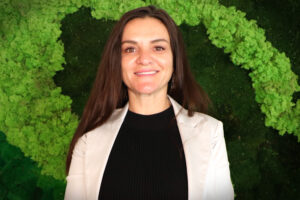Winter (January) 2025
Operations & Maintenance Plan Development | 2025
This course focuses on (re)developing a maintenance plan.
RegisterThis workshop is a part of the Indigenous Perspective Workshop Series:
This three-hour workshop introduces participants to the key concepts of colonization, privilege and stereotyping. While encouraging meaningful relationship-building strategies with Indigenous community members and organizations, the learning is applicable to many areas in our professional and personal lives.
In order to create a space that fosters conversation, interaction and reflection we will be limiting the workshop to 35 participants.
Please note these sessions will not be recorded. If you register and then are unable to attend, please let us know so that we can open up space for other participants.
Once you register for a workshop, BCNPHA will share your email and name with IPS who will then contact you with a session link and learning resources.
 Rachelle Dallaire
Rachelle Dallaire
Rachelle is from the Montagnais people in lower Quebec. She brings more than 15 years of management and leadership experience to her work as Indigenous Perspectives Society’s Executive Director. Rachelle has extensive front line service experience that informs her leadership from her early work with at risk communities including women in the sex trade, corrections, and the homeless community. As an inter-generational trauma survivor, she brings a lot of passion to developing Indigenous Perspectives Society’s Reconciliation from an Indigenous Perspective training offerings, which include Cultural Perspectives Training, developed to support the Truth and Reconciliation Commissions Calls to Action.
Date:
August 9, 2023
Time:
1:00 pm - 4:00 pm
Cost:
$50
Member Cost:
$25
Registration Start/End Date:
Registration Closes August 8, 2023